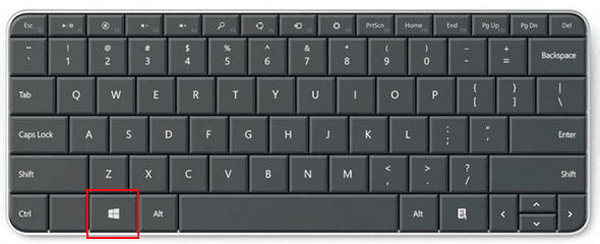Monday, March 26, 2018
Wednesday, March 14, 2018
Pi Day
Pi represents the ratio of a circle’s circumference to its diameter. It’s an important part of the foundation of mathematics, most importantly geometry, where pi is key to equations calculating the area of a circle, A = πr2, and the volume of a cylinder, V = πr2h. Pi day is on 3/14 because the number pi starts with 3.14.
Pi(π): 3.141592653589793238462643383279502884197169399375105820974944592307816406286208998628034825342117067982148086513282306647093844609550582231725359408128481117450284102701938521105559644622948954930381964428810975665933446128475648233786783165271201909145648566923460348610454326648213393607260249141273724587006606315588
Pi(π): 3.141592653589793238462643383279502884197169399375105820974944592307816406286208998628034825342117067982148086513282306647093844609550582231725359408128481117450284102701938521105559644622948954930381964428810975665933446128475648233786783165271201909145648566923460348610454326648213393607260249141273724587006606315588
Tuesday, March 13, 2018
Tech Tip #3
Hey guys, it's Achintya back with tech tip #3. Today's tip concerns only windows users. (Sorry Apple) You can use windows shortcuts in a variety of ways to help cut down the amount of time you waste, and this can allow you to use less mouse and more keyboard. Use Window + R to open the run menu. You can use Window + E to open up Microsoft Explorer, and you can use Window + M to minimize all tabs.

 |
Sunday, March 11, 2018
The Brain
The Brain
What is the Brain? What does it do? How do we know? Get all the answers right here in Achintya's informational blog. The brain is an organ, and without it, now human could survive. Without the brain you can't eat, think. learn, or create. Subconsciously, your brain is making sure every muscle and organ is doing its job. The nervous system relays information to and from the brain so everything else in the body does its job correctly. Many scientists call the brain "the most complicated thing in the universe".
The brain has 12 basic parts. Let's start numbering the 12 parts.
- Skull- The skull offers protection from most things. There are many bones in the skull.
- Cerebral Cortex- This part of the brain does many things. Most important, it helps you remember basic stuff like making sense of your surroundings, think and speak
- Anterior Cingulate Gyrus- This part of the brain that controls blood pressure and heart rate and plays a part in keeping your emotions in check
- Thalamus- The master of the senses(it controls all senses)
- Parietal Lobe- This helps you make sense or numbers, words, and maps
- Hypothalamus- Controller of your body's temperature, hunger, thirst, and sleepiness.
- Frontal lobe- Associated with character and personality. Helps you make decisions.
- Olfactory Bulb- processes sense of smell; gives you a sense of smell
- Cerebrospinal Fluid- Your brain floats in this liquid, the liquid protecting the brain
- Hippocampus- this is where memory lives
- Cerebellum- helps you balance and have coordination over the movement
- Brain Stem- messages between your brain and body are sent in the brain stem. It makes sure all your organs are working properly.
Conscious brains, on the other hand, do everything else. They make sure that you are writing properly, reading properly, and etc. They help you focus on math, finish a science experiment, and get your homework done. They make sure that you listen and pay attention. They make sure your food goes in your mouth. You should get the idea by now. They do literally everything else for us.
What happens to your brain when you go to sleep? First of all, lets tell how much sleep you should get. Are you a newborn? Then you should be getting 15-16 hours of sleep. Infants get 14-15 hours of sleep. Toddlers should get 12-14 hours of sleep. Children should get 10-11 hours of sleep. Teens should get 8.5-9.25 hours of sleep. Adults should get 7-9 hours of sleep. When in sleep, your brain enters a subconscious state, making you less aware of your surroundings. The reasons you have dreams is because REM combined with the brain that are linked with imagination, creativity, and anxiety are active. You rarely remember dreams because when you sleep, your brain's storage is off.
Subscribe to:
Comments (Atom)
